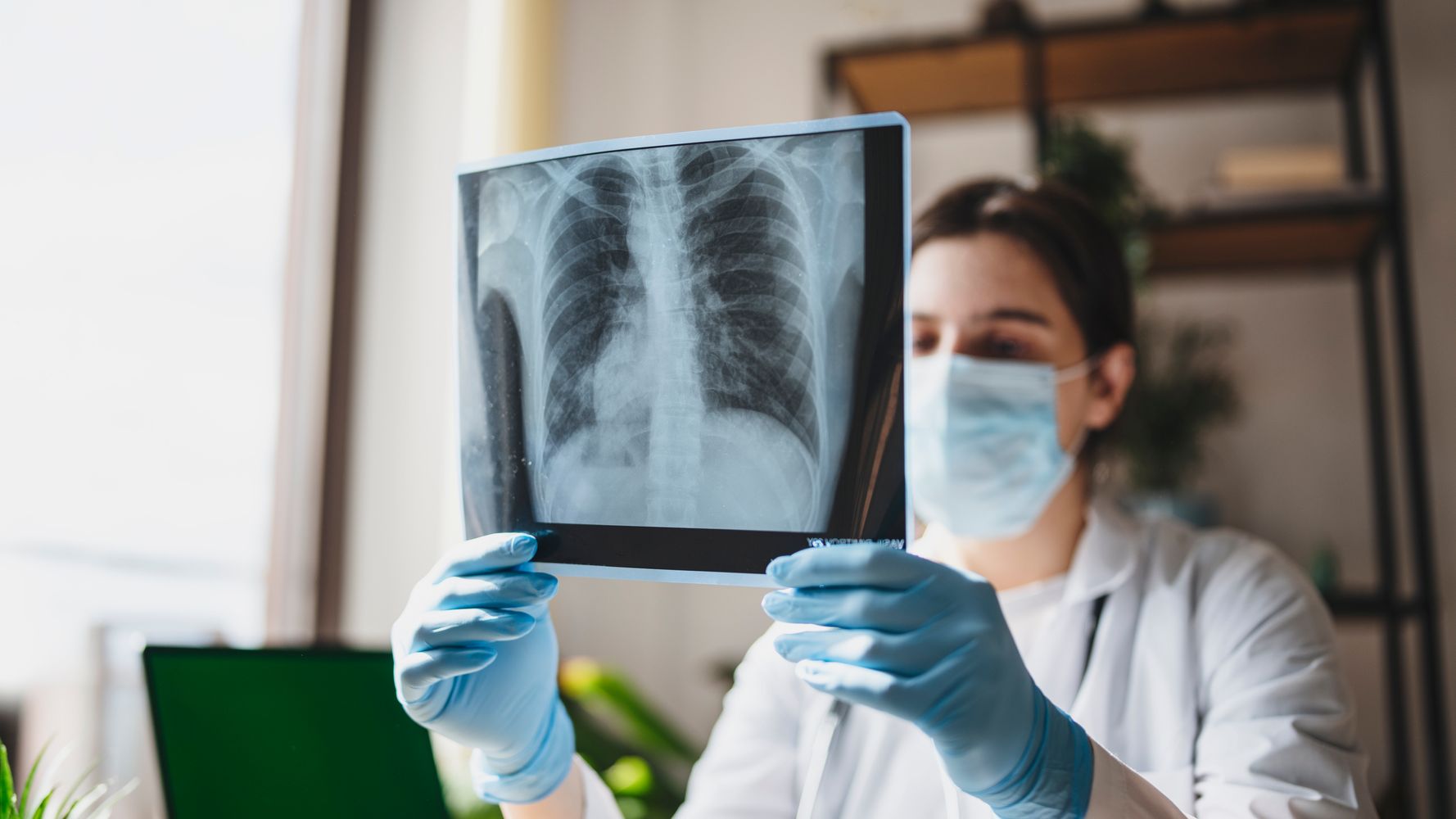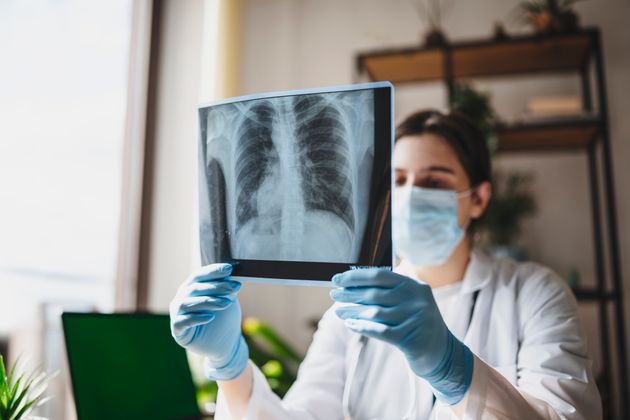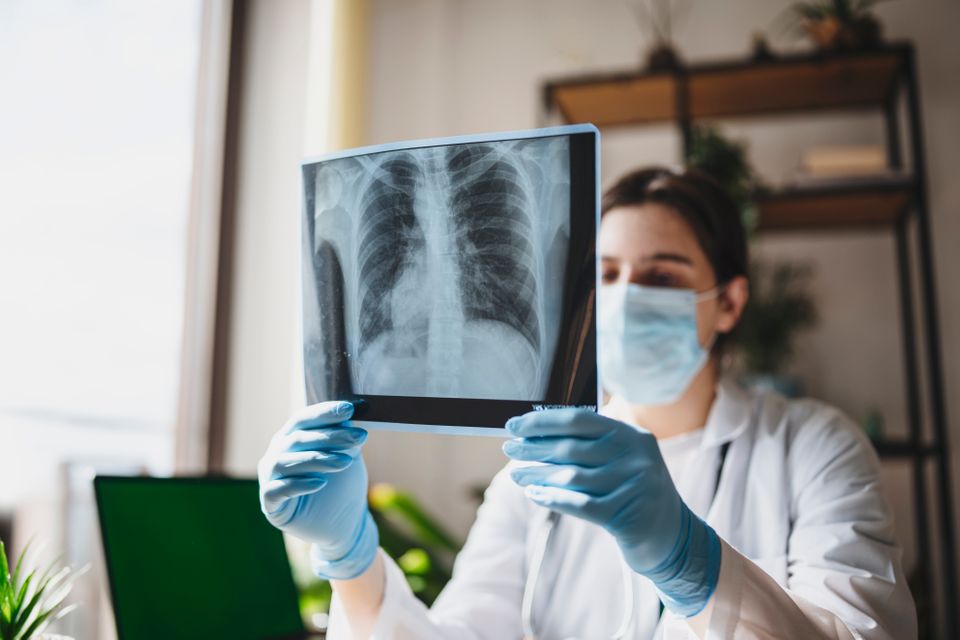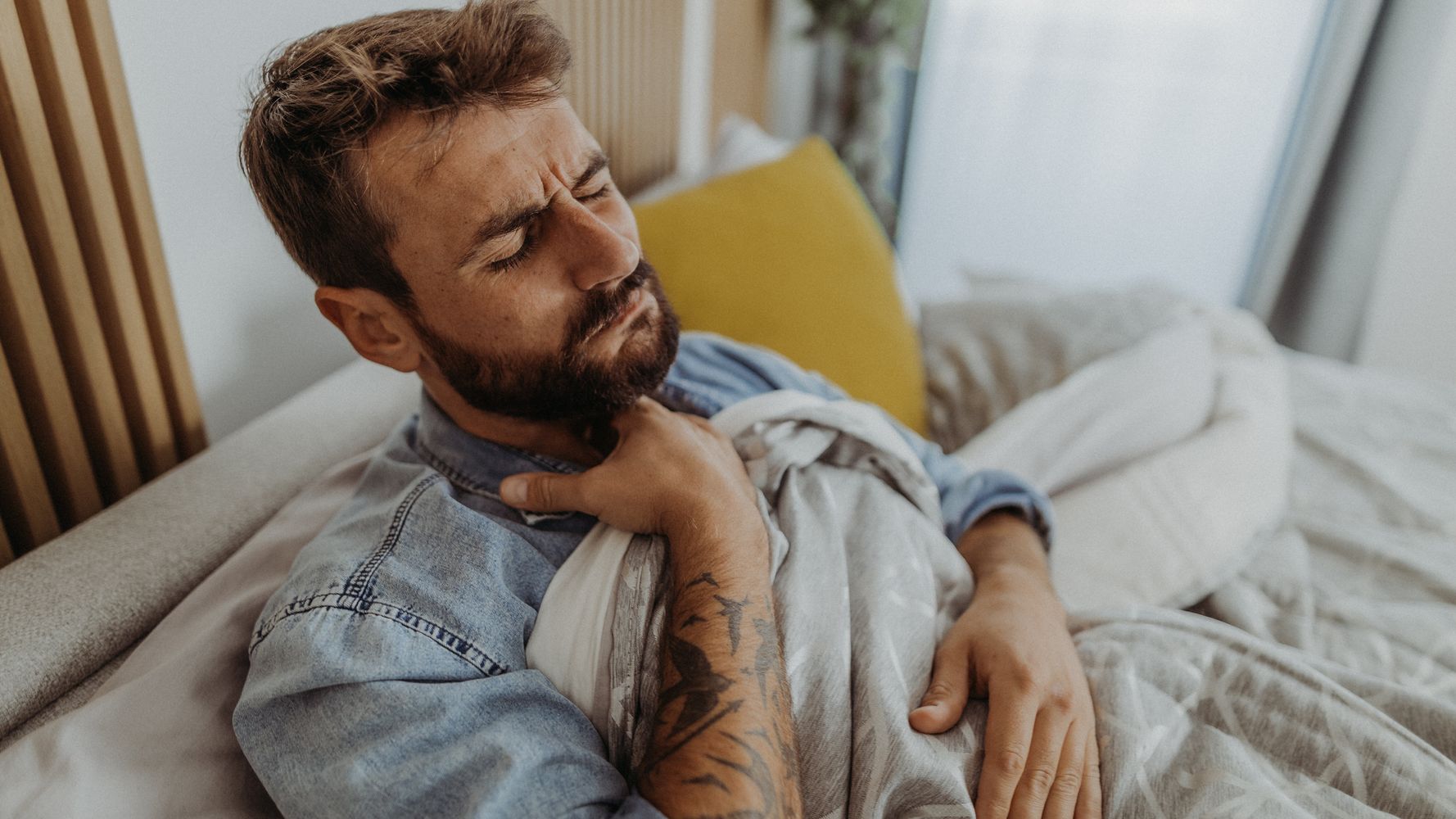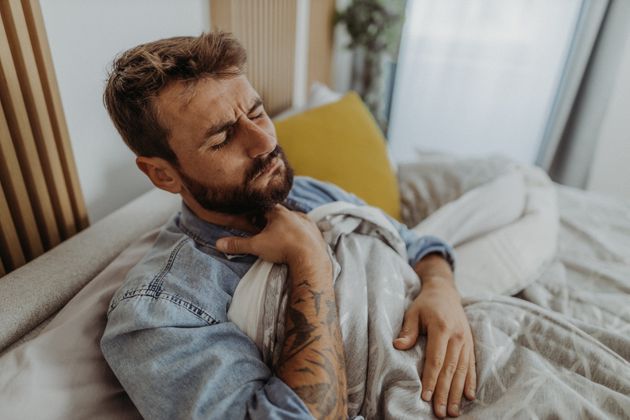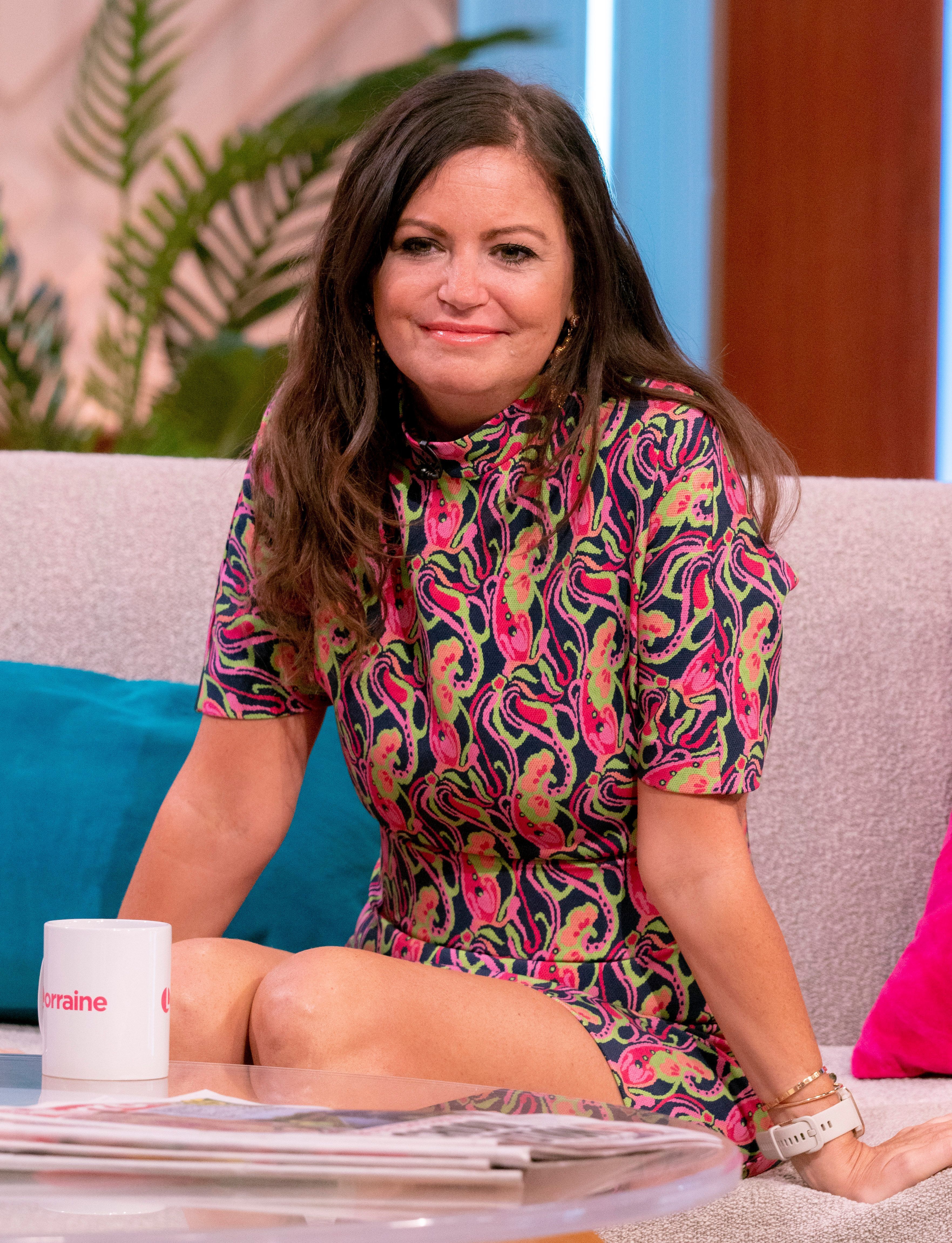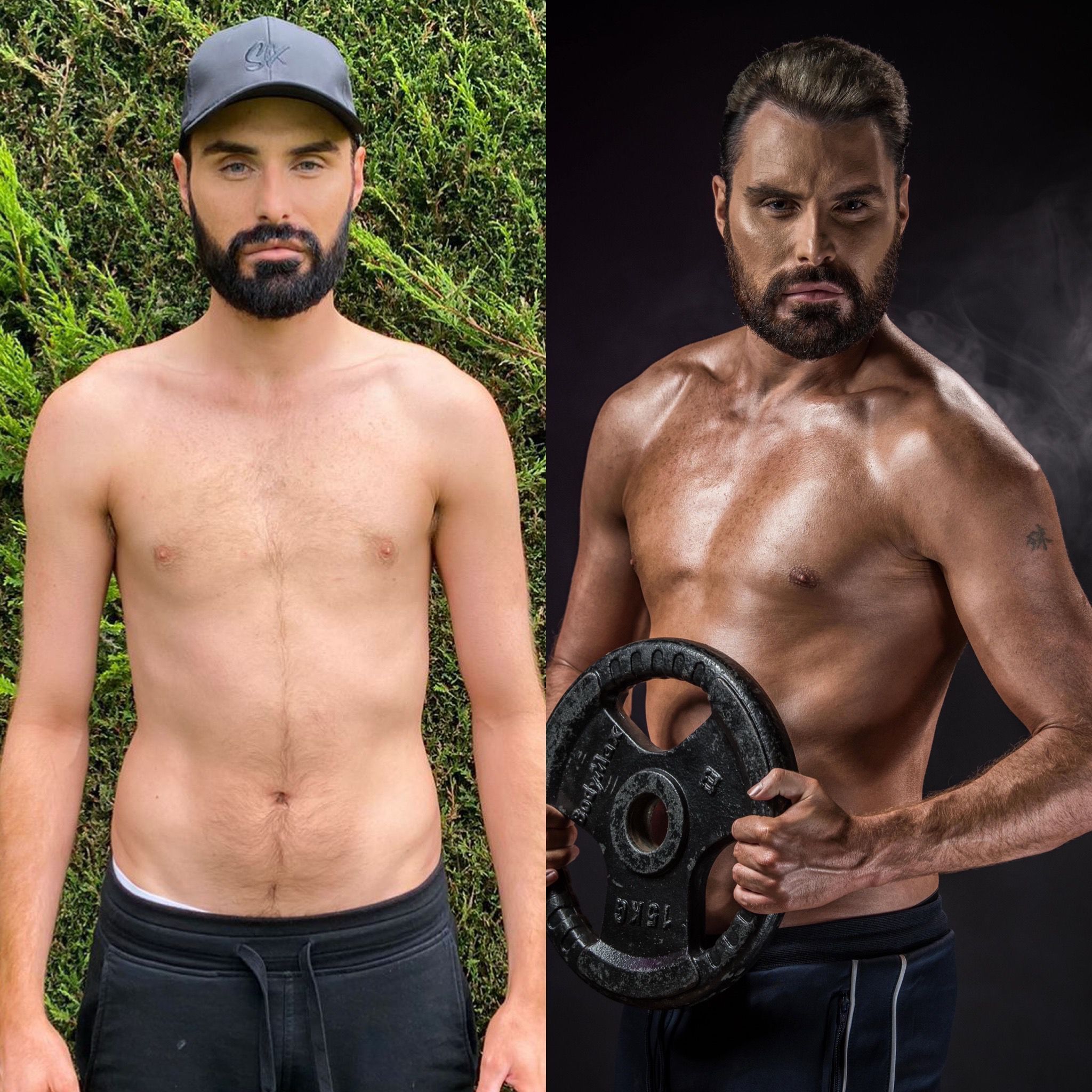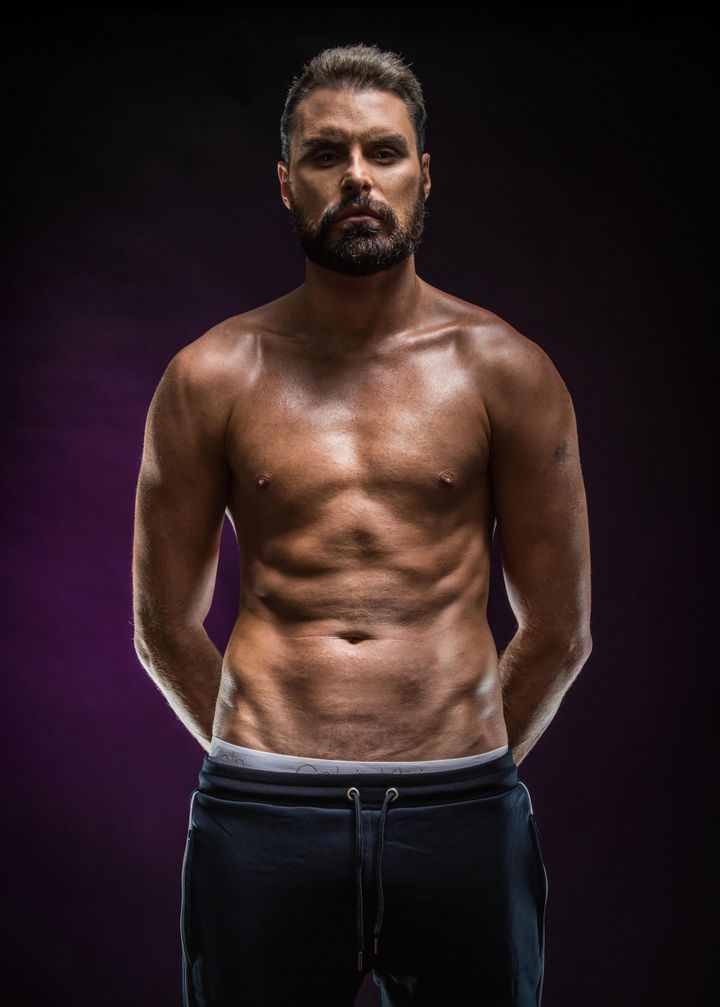People with monkeypox symptoms have been advised not to have sex by the health authorities.
The UK Health Security Agency (UKHSA) issued this new advice after 71 new cases of the virus were confirmed in England on Monday.
Advertisement
This brings the total to 179 reported cases since May 7, most of which are in England. Four have been in Scotland, two in Northern Ireland and one in Wales.
The monkeypox outbreak has taken the public by surprise over the last month because the virus is usually confined to Central and West Africa, but health experts have been clear that this will not develop into a new pandemic.
Advertisement
Here’s how the authorities believe we can prevent transmission.
Is this virus sexually transmitted?
Advertisement
No – the virus mainly spreads through any close physical contact but can also live on bedsheets or towels.
It also does not spread that easily and there is currently no available evidence that the virus spreads through sexual fluids.
So, why is this the new advice?
As sex encompasses close physical contact avoiding sex would reduce the risk of passing the virus on, according to the health experts.
Advertisement
Anyone who suspects they have the virus should try to cover lesions with clothes, wear a face mask and avoid public transport where possible while they are still potentially infectious.
People only stop being infectious once their lesions have healed and their scabs have dried up – usually in one to two weeks – and so should avoid contact with others until this point.
But, according to the new guidance, people should still use condoms for at least eight weeks after the infection.
The general public have also been advised to keep an eye out for any new rashes or lesions on their bodies.
How do you know if you have monkeypox?
These are the symptoms:
-
Fever
-
Headache
-
Muscle aches
-
Backache
-
Swollen lymph nodes
-
Chills
-
Exhaustion
-
Weakness
-
Rash
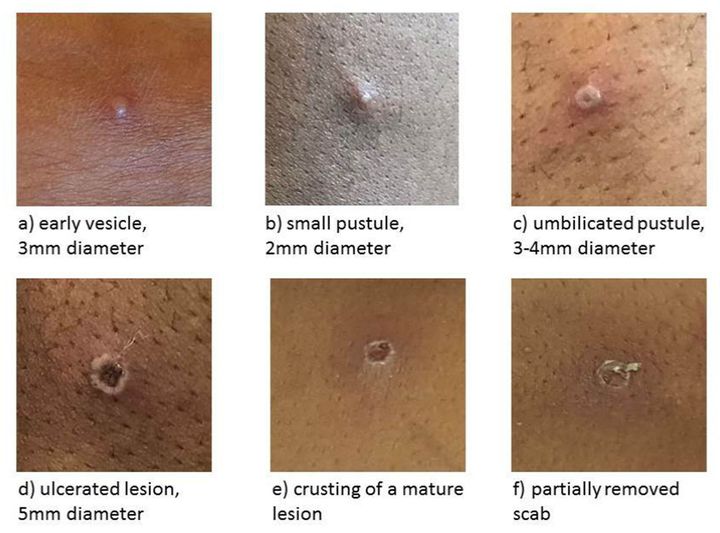
UK Health Security Agency via PA Media
The rash can start on the face before moving to the body. It gradually transforms, and can form sores comparable to chickenpox or syphilis before scabbing. The scab falls off but can leave a scar.
The incubation period (the time before symptoms appear) is usually from six to 13 days but can range from five to 21 days.
Why have gay or bisexual men been particularly warned?
Advertisement
The UKHSA report that the majority of cases so far have been among men who have sex with men.
However, it’s important to note that this is likely due to where the virus allegedly first started to spread – at two European raves – and not because this group are at higher risk of catching it.
Anyone is at risk of catching the virus regardless of sexual orientation.
What is the risk to the general population?
The World Health Organisation’s leading monkeypox expert, Dr Rosamund Lewis, said she did not anticipate another pandemic.
But, she added: “We are concerned that individuals may acquire this infection through high-risk exposure if they don’t have the information they need to protect themselves.”
The UKHSA also said the risk “remains low”, but urges anyone with unusual rashes or lesions to contact NHS 111 or their local sexual health service.
Healthcare workers who are pregnant and people with severely weakened immune systems should not care for suspects or confirmed monkeypox cases.
Those working with confirmed cases need to wear personal protective equipment, including respirators, aprons, eye protection and gloves.
Those at the highest risk have also been asked to isolate for up to 21 days.
Advertisement
Health protection teams are tracing the contacts of positive cases and UK health officials have purchased 20,000 doses of a smallpox vaccine called Imvanex.
This vaccine is said to be relatively effective at reducing severe infection and the rate of transmission – it will be offered to those close contacts of the people who are diagnosed with the virus.
The advice to abstain from sex has not gone down well
Here’s what people on Twitter think:




